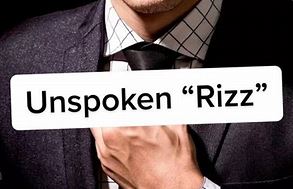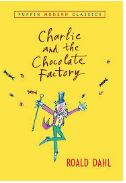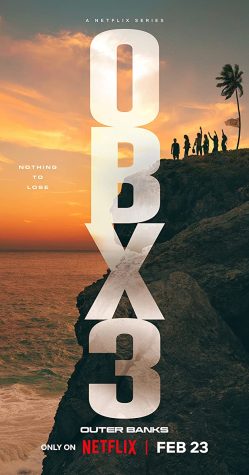The Most Controversial Books in Public Schools
January 24, 2018
It may seem strange that timeless literary classics could face such harsh condemnation and backlash. Books are often censored in public schools due to objectionable content, such as explicit language, or religious or political opinions. Actions taken towards ban certain books have sparked nationwide controversy. Some argue that these books can have a profound influence on how students view the world and should not be prohibited in classrooms. Here is a list of books that have been silenced in American schools.
The Scarlet Letter by Nathaniel Hawthorne, 1850
This novel has been banned for its sympathies towards adultery. In 1852, the book’s content caused an outrage with most critics, who considered the work to be sinful. Over a century later, communities still ban the novel. Many schools continue to partake in this ban, as parents have grown concerned with its obsecenity.
The Catcher in the Rye by J.D. Salinger, 1951
Despite its classic literary merit, this novel has been challenged numerous times by schools across the nation. The book’s extensive use of vulgar language is the main reason for its censorship. However, other qualities of the novel have also stirred opposition. In 1987, it was banned in a North Dakota high school for sexual references. In 1992, it was banned in a Illinois high school for a character that struggles with alcohol abuse. In 1985, a Florida high school banned the book because it was simply “unacceptable.”
To Kill a Mockingbird by Harper Lee, 1960
Some school board officials argue that this novel’s use of strong language and racially discriminatory references make it difficult for students to read. Despite being a Pulitzer-prize winning book, it has been deemed a profane and racist work by some critics. In 1966, the school board of Hanover County, Virginia banned the book, labeling it as “immoral literature” for its plot centered on rape.
Catch-22 by Joseph Heller, 1961
The school board in Strongsville, Ohio banned the novel in 1972 for its explicit language, completely removing it from all of its libraries. The conflict eventually led to a district court ruling Minarcini v. Strongville in 1976, where the ban was lifted.
The Joy Luck Club by Amy Tan, 1989
The novel faced opposition in the early 2000s because parents and schools believed that the work was written for a more mature audience. In 2005, the book was challenged at a high school in Merton, Wisconsin by a parent who was concerned because the book contains “sexually explicit and inappropriate material.”












